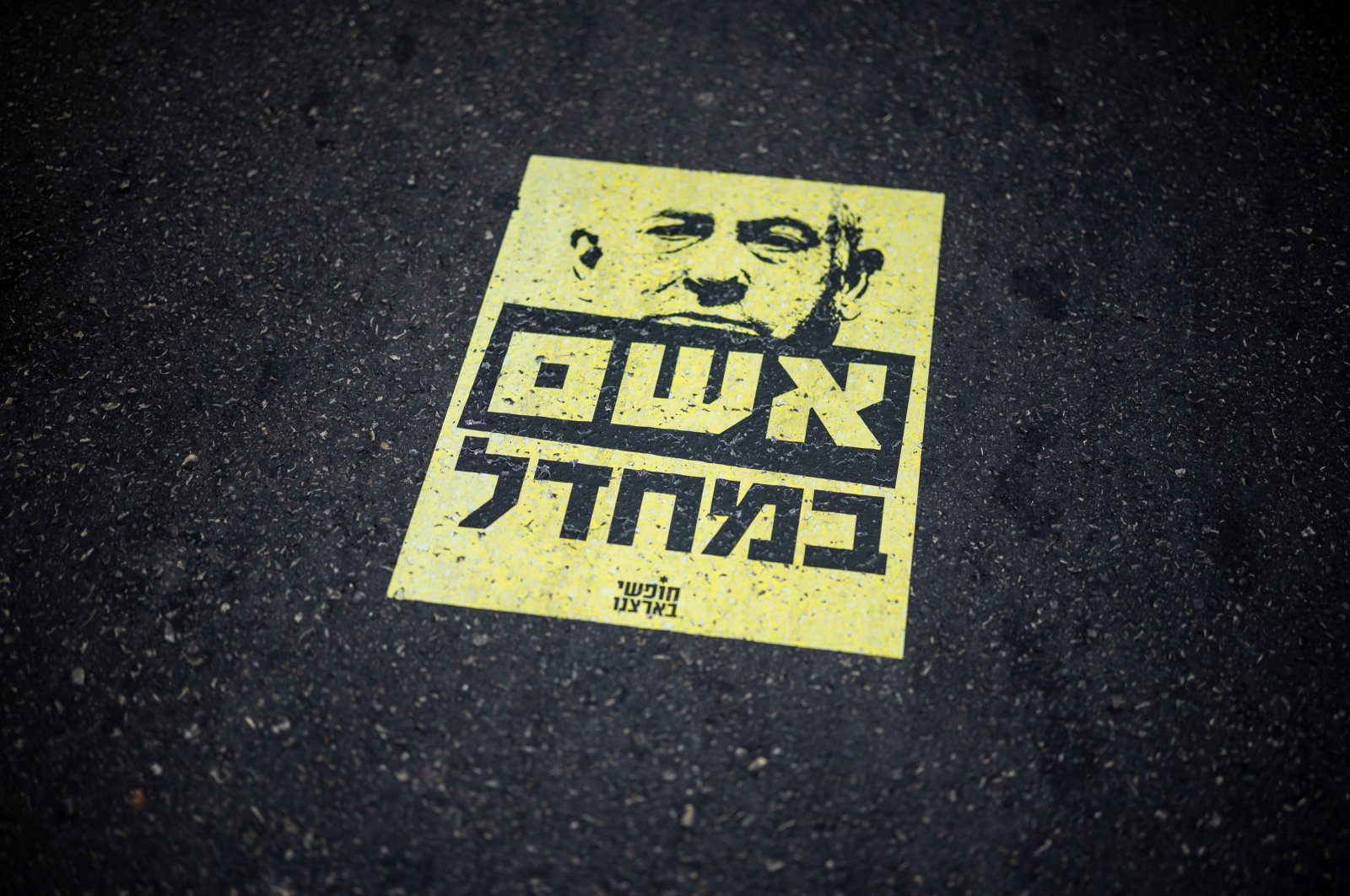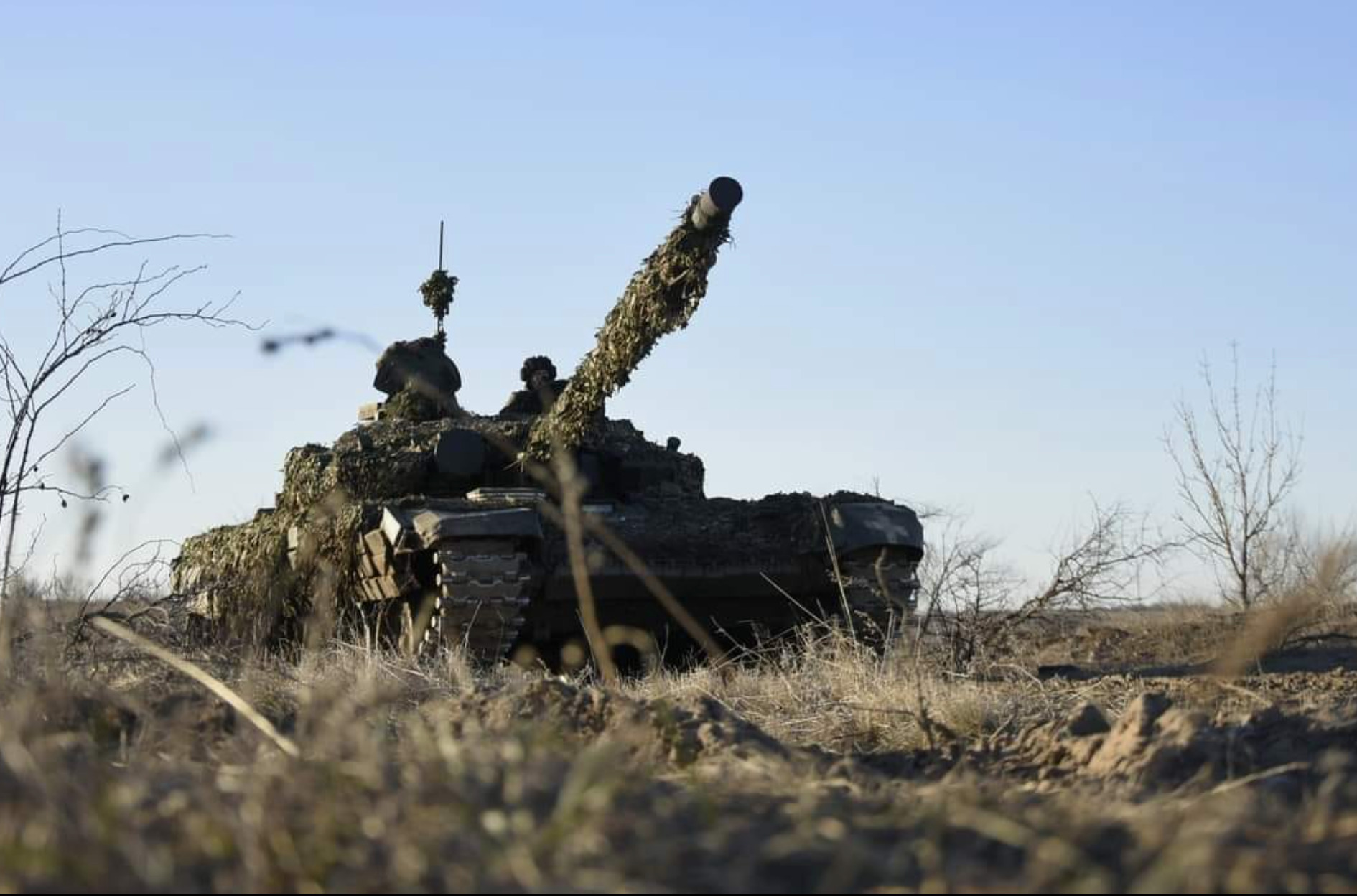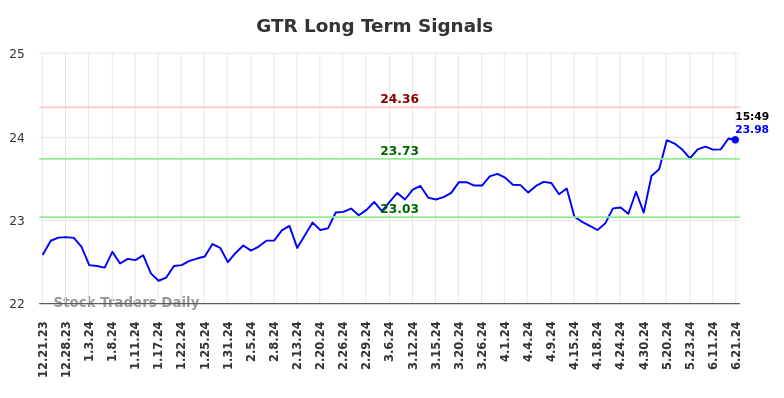Netanyahu’s parallel war in the West Bank

Amid the ongoing violence and tragedy in Gaza, the world is largely blind to Israel’s parallel conflict in the West Bank. While not as brutal and barbaric as Gaza, this simmering conflict poses a threat that could spark unrest, destabilize the Palestinian Authority, and create conditions conducive to ethnic cleansing. For years, Israel has sought to seize land, attack civilians, destroy homes, and expand settlements throughout the West Bank.
On March 22, Israel’s Finance Minister Bezalel Smotrich unveiled plans for the largest land grab in the West Bank since 1993. 800 hectares (1,977 acres) of the occupied territory will become state land. The move will pave the way for increased settlement development in the region. The decision to declare land in the Jordan Valley as state property mirrors an earlier declaration of 300 hectares (740 acres) in the Maale Adumim region. Palestinians object to the move, seeing it as an intrusion on territory vital to their desired independent state. In addition, military operations and unjustified detentions have heightened tensions, while extremist Israeli settlers carry out acts of terror against Palestinians with impunity. This systematic oppression not only violates international law, but also perpetuates a cycle of suffering and injustice. As the world’s attention remains focused on Gaza, it is crucial to expose Israel’s actions in the West Bank and demand accountability for these violations of rights and human dignity.
Instances of Israeli aggression in the West Bank have increased dramatically following the formation of Benjamin Netanyahu’s ultra-right government in December 2022. By including hardliners like Ben Gvir, known for their extreme views, in his cabinet, Netanyahu tacitly condoned their anti-Palestinian sentiments and discriminatory policies. The impact has been devastating, as both the Palestinian Authority (PA) and West Bank residents bear the brunt of this malign agenda aimed at undermining the concept of a Palestinian state. The rise in extremist rhetoric and actions poses a serious threat to regional stability and prospects for peace. Netanyahu’s government has emboldened hardliner factions, heightened tensions, and perpetuated spirals of violence. Since October 7, Palestinian refugee camps in the West Bank have been raided daily by the Israeli military. The consequences were devastating: over 544 Palestinians lost their lives and more than 4,900 were injured. According to the Israeli human rights organization B’Tselem, around 100 of the people killed by Israeli military actions in the West Bank were children who posed no discernible threat to the well-equipped soldiers of one of the most powerful armies in the world.
Israeli arrests, increase in violence, worsening of apartheid in the West Bank
More than 7,350 West Bank Palestinians were arrested by Israel during the Gaza war. The disturbing reality goes beyond the mere impunity of these killings; it encompasses the pervasive dehumanization and humiliation that Palestinians endure as part of their daily lives under occupation. This pattern of violence feeds into a cycle of fear, despair and resentment that further complicates prospects for peace and reconciliation in the region. Israel’s targeted attacks on infrastructure have caused widespread destruction, including damage to public roads, power transformers, water pipes, private property and cell phone towers, among other vital goods. In addition, cases of Jewish settler violence have increased since early last year. Ben Gvir’s dangerous rhetoric has further exacerbated the situation, encouraging and militarizing over 800,000 settlers to commit violence against Palestinians with impunity. Palestinians and human rights activists around the world have described Israeli policies in the West Bank as tantamount to “apartheid.”
At the same time, Tel Aviv is pursuing various strategies to weaken the financial stability of the Palestinian Authority. Palestinians in the West Bank will be economically crushed if far-right Finance Minister Bezalel Smotrich follows through on his threats to cut off a key banking relationship next month. Since October 7, Israel has tightened economic restrictions on the Palestinian Authority and withheld tax revenues it collects on their behalf. Smotrich, who is ostensibly protesting the Palestinian Authority’s alleged policy of making payments to “terrorists” and their families, announced last week the diversion of $35 million in Palestinian Authority tax revenues to the families of terror victims – a move condemned by the United States. This financial maneuver adds another layer of tension and could further destabilize an already strained relationship. With increasing economic pressure, the future of relations between Israel and the Palestinian Authority hangs in the balance, with significant implications for regional stability and diplomatic engagement.
Finance Minister Smotrich’s blockade of taxpayer funds to the Palestinian Authority is designed to hasten its collapse, regardless of its waning popularity among Palestinians. Yet the Palestinian Authority remains the only recognized representative of Palestinians in the occupied territories. Netanyahu faces a dilemma: should the Palestinian Authority be dissolved or maintained to coordinate security? Netanyahu has long opposed the two-state solution and the Oslo Accords. Now he is courting Israel’s conservatives by vowing never to allow a Palestinian state or to give up Israeli security control. His current plan focuses on isolating East Jerusalem from the West Bank and forcing Arab residents to leave through economic pressure and intimidation. In addition, he wants to annex areas in the West Bank, particularly Area C, leaving Palestinians in enclaves such as Nablus and Hebron. Refugee camps would be suffocated and forced to abandon. Netanyahu’s strategy undermines Palestinian sovereignty and consolidates Israeli dominance over historic Palestine.
Netanyahu’s calculated maneuvers
As the world remains fixated on Gaza and Rafah, the fate of the West Bank as a lynchpin for any future Palestinian state is at stake. Netanyahu and his allies harbor ambitions to annex parts of the West Bank and relegate Palestinians to isolated enclaves. This strategic move aims to turn Gaza into an exodus from the desert and push West Bank Palestinians into Jordan. Netanyahu, hoping for possible new elections, is seeking to cement his legacy by implementing a far-right vision in both territories – a stark contrast to the failures of October 7. Using his understanding of US politics, he plans to exploit US President Joe Biden’s precarious position and use any perceived surrender of Israel to his advantage. With the US elections looming, Netanyahu seeks to prolong the Gaza conflict while destroying hopes of a contiguous Palestinian state in the West Bank. This calculated maneuver reflects his desire to remain in power, regardless of the consequences for regional stability.
Despite domestic unrest, Netanyahu has evaded responsibility and continued violence in Gaza and the West Bank. Netanyahu rejects Biden’s advocacy of a two-state solution and opposes the International Court of Justice. He remains intransigent.
Meanwhile, tensions in the West Bank have increased as Israeli forces shift their focus away from Gaza, stoking fears of unrest. Palestinian unrest could serve the agenda of Netanyahu and his acolytes and potentially change the regional landscape. The fate of the West Bank is crucial; its loss would render the two-state solution obsolete. Under Netanyahu’s leadership, such a two-state solution seems increasingly unlikely. To thwart his agenda, international intervention is essential.
Attention to the atrocities in the West Bank must not wane, as this would thwart Netanyahu’s attempt to thwart Palestinian statehood aspirations. International solidarity against Netanyahu’s plan is essential to preserve prospects for peace. As the international community grapples with the humanitarian crisis in Gaza and the West Bank, it must also address the underlying factors driving Israeli aggression and work toward a just and lasting solution that upholds the rights and dignity of all parties involved.



